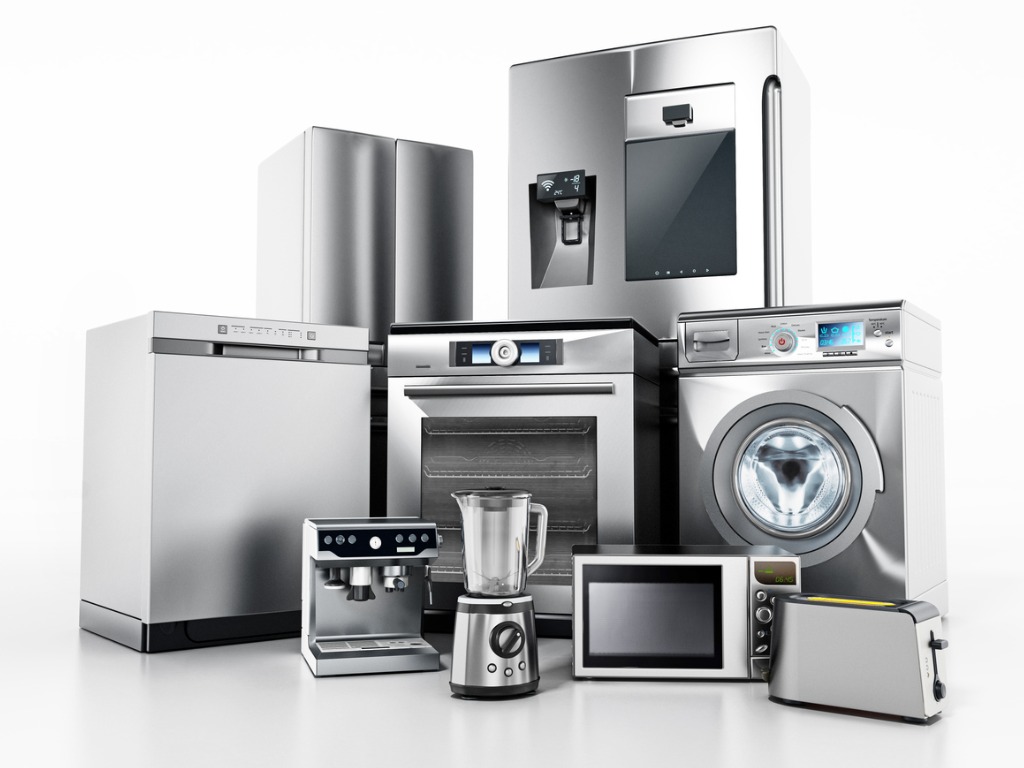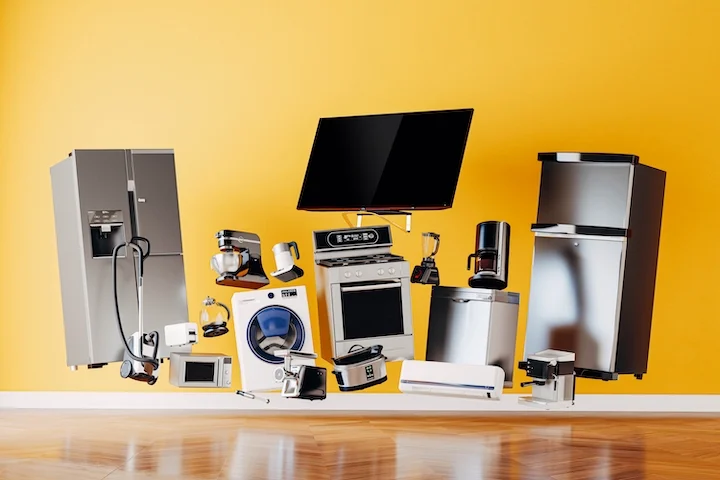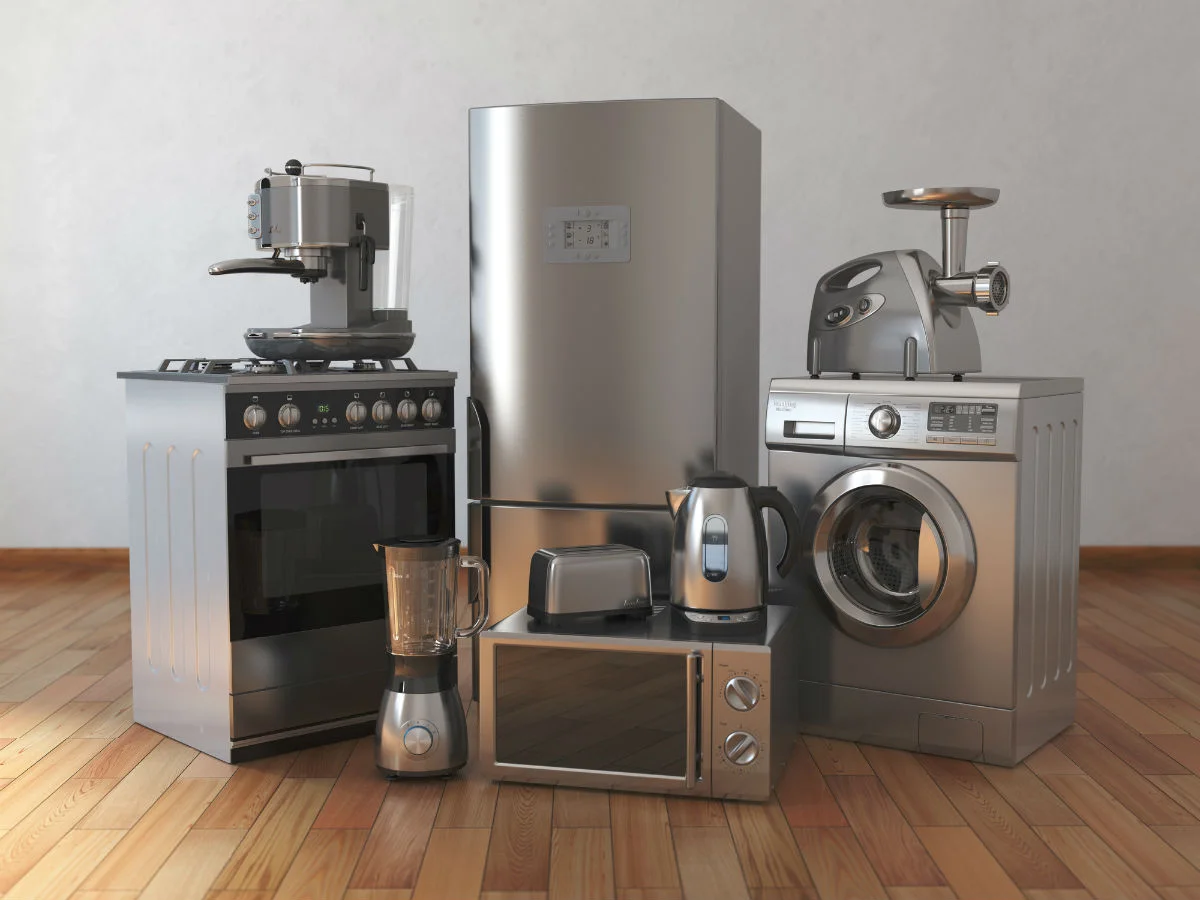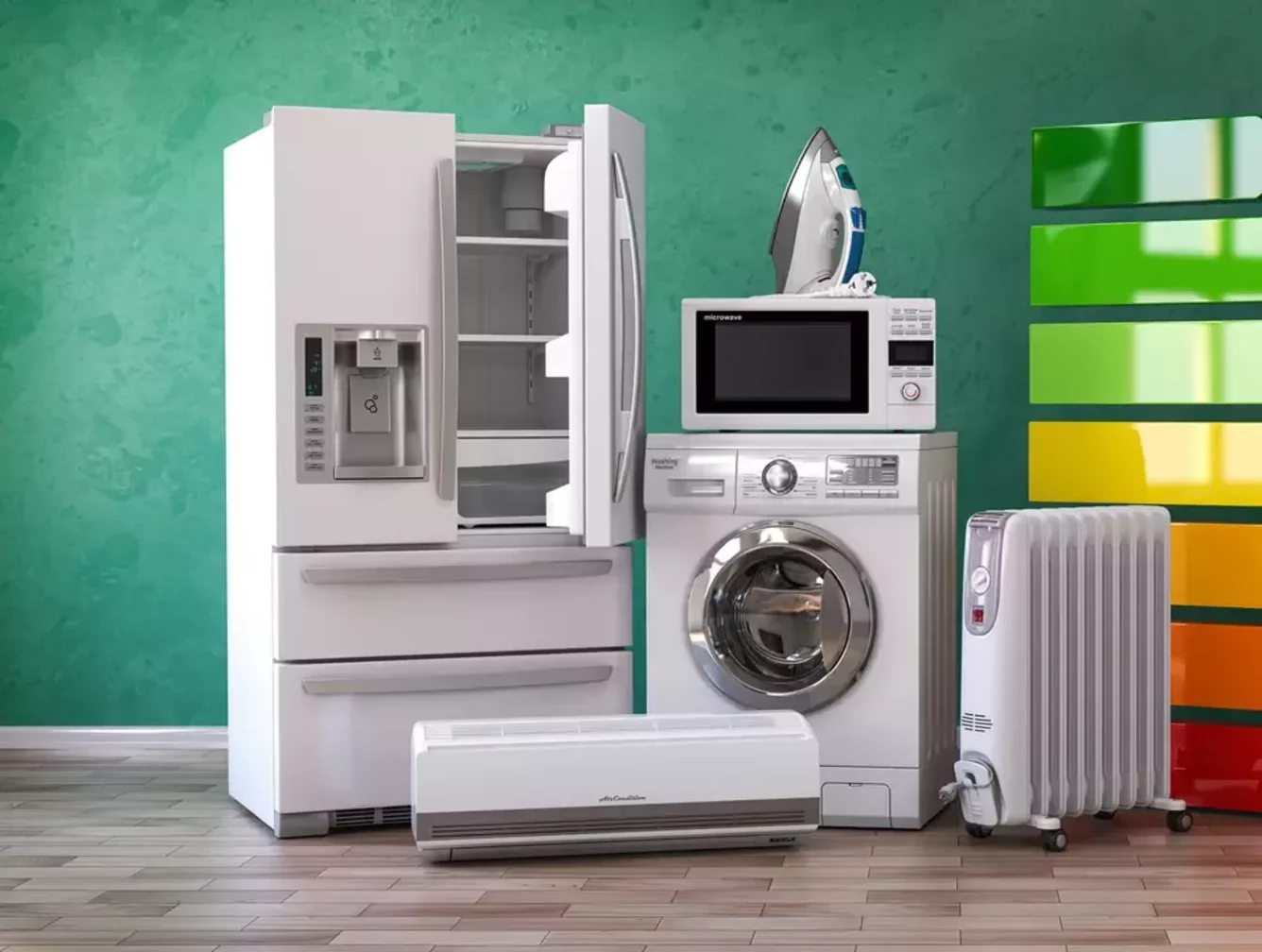Title: Energy-Saving Innovations: Eco-Friendly Appliances for Sustainable Living
In an era marked by growing environmental concerns and a pressing need for sustainability, the integration of eco-friendly appliances into everyday life has become increasingly essential. These innovative solutions not only contribute to reducing energy consumption but also play a significant role in fostering sustainable living practices. From kitchens to laundry rooms, eco-friendly appliances offer a range of features and benefits that align with the principles of environmental conservation and resource efficiency.
One of the most impactful areas where eco-friendly appliances make a difference is in the kitchen. Refrigerators, for instance, are indispensable appliances in any household, but they also tend to be significant energy consumers. However, advancements in refrigeration technology have led to the development of energy-efficient models that utilize features such as improved insulation, variable-speed compressors, and smart temperature controls. These innovations not only help preserve food freshness but also minimize energy usage, resulting in reduced electricity bills and lower carbon emissions.
Similarly, eco-friendly dishwashers have emerged as a sustainable alternative to traditional models, offering innovative features that optimize water and energy efficiency. These appliances often incorporate sensor technology to adjust water usage and cycle durations based on the level of cleaning required. Additionally, they may utilize heat recovery systems to recycle waste heat from the wash cycle, further reducing energy consumption. By choosing eco-friendly dishwashers, consumers can save water, energy, and money while maintaining cleanliness and hygiene in their kitchens.
In the laundry room, eco-friendly washing machines and dryers have also become increasingly popular among environmentally conscious consumers. High-efficiency washers use less water and energy compared to conventional models, thanks to features like advanced water recirculation systems and optimized spin cycles. Similarly, energy-efficient dryers employ sensor drying technology to detect moisture levels in clothing and adjust drying times accordingly, reducing unnecessary energy usage. By investing in these eco-friendly appliances, homeowners can minimize their environmental footprint while keeping their clothes clean and fresh.
Furthermore, the advent of smart home technology has revolutionized energy efficiency in household appliances. Smart thermostats, for example, allow users to remotely control heating and cooling systems, optimizing energy usage based on occupancy patterns and preferences. Likewise, smart lighting systems use sensors and programmable schedules to minimize electricity consumption by automatically adjusting brightness levels and turning off lights in unoccupied rooms. These interconnected devices not only enhance convenience and comfort but also contribute to significant energy savings and environmental preservation.
In conclusion, eco-friendly appliances represent a crucial component of sustainable living practices, offering innovative solutions to reduce energy consumption and minimize environmental impact. From energy-efficient refrigerators and dishwashers to smart thermostats and lighting systems, these appliances integrate advanced technologies to promote resource efficiency and conservation. By embracing eco-friendly appliances, consumers can contribute to building a more sustainable future while enjoying the benefits of energy savings, cost reduction, and environmental stewardship.



